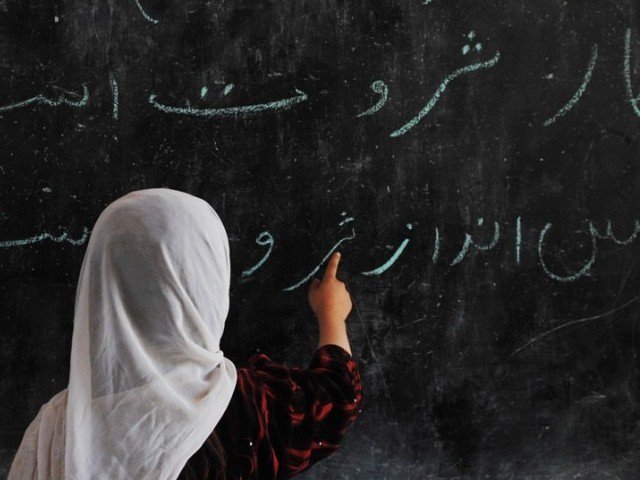SC resumes hearing plea against civilians’ trials in military courts – M Haris

ISLAMABAD: The Supreme Court on Monday resumed the hearing on a petition filed against civilians’ trials in military courts who were involved in the May 9 incidents last year.
A seven-member bench, headed by Justice Aminuddin and comprising Justice Jamal Mandokhail, Justice Muhammad Ali Mazhar, Justice Hassan Azhar Rizvi, Justice Shahid Waheed, Justice Musarrat Hilali and Justice Irfan Saadat Khan, is presiding over the hearing.
The apex court in May had referred the matter to and Procedure Committee for reconstitution of the bench after reservations raised against the six-member bench.
Petitioner former chief justice Jawad S Khawaja’s lawyer Khawaja Ahmad Hasan had raised an objection on the bench, saying that a larger bench should be constituted in light of Justice Mansoor Ali Shah and Justice Yahya Afridi’s note.
On January 29, Justice Tariq Masood rescued himself from hearing intra-court appeals against civilians’ trial in military court, leading to the dissolution of a six-member larger bench.
In October last year, the Supreme Court declared the trial of civilians in military courts as unconstitutional and held that 103 persons and others, who may be placed concerning the events arising from May 9-10 could be tried by criminal courts, established under the ordinary or special law of the land.
However, the SC, by a 5-1 majority, suspended its October 23 order wherein it declared civilians’ trials in military courts null and void in connection with the May 9 riots.
May 9-10 events refer to the violent protests that broke out in different parts of the country following Pakistan Tehreek-e-Insaf (PTI) founder Imran Khan’s arrest in a corruption case last year with alleged party supporters attacked and ransacked government and military installations, prompting the authorities to try the rioters in military courts.
More to follow…


